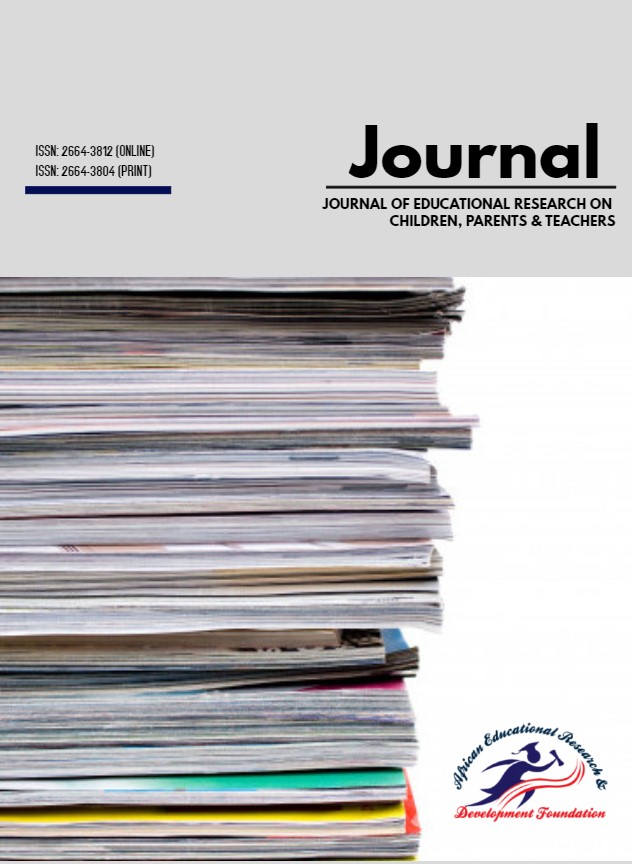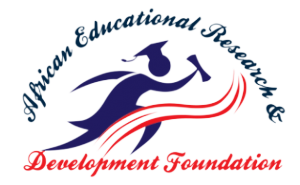Instructional Strategies for Promoting Genetics Literacy for Sustainable Science Education in The Twenty-First Century
Assumpta Chinyere AHAM, Chinwe Rose NWAGBO* & Ebere IBE
Department of Science Education, University of Nigeria, Nsukka
*Corresponding email: chinwe.nwagbo@unn.edu.ng

Abstract
This paper investigated instructional strategies for effective teaching and learning of genetics for promoting genetics literacy for sustainable science education in the 21st century. The study adopted a descriptive survey design. The participants were Senior Secondary 3 biology students in Enugu Education Zone, Enugu State, Nigeria. Two
research questions were answered using mean and standard deviation and two null hypotheses tested at 0.05 level of significance guided the study. The population consists of 1,986 students and 50 Biology teachers. 200 students and 20 biology teachers selected through multistage sampling constituted the sample. A 12-item structured questionnaire titled Promoting Genetics Literacy for Sustainable Science Education (PGLSS) was used for data collection. The reliability coefficient of the instrument was 0.89 obtained using Cronbach Alpha. The findings of the study showed that the use of creative critical thinking, communication, constructivist and collaborative instructional strategies were effective strategies for promoting genetics literacy needed for sustainable science (biology) education. There is no significant difference between the mean responses of teachers and students on the instructional strategies needed for promoting genetics literacy. It was recommended among others that biology teachers should adopt instructional strategies that would offer students the opportunity to participate actively in the teaching and learning process for sustainable development through science education, thereby promoting the acquisition of 21st-century skills.
Keywords: Adequate number, Availability, Functionality, Health service,
Implementation
Publication Date:
12/2022
Volume, Issue and Page Number:
Vol.3, Issue 1, Pg. 583-594
License:
Subscribe To Us
You can subscribe to articles by our contributors and authors by filling in the form with your email address. Your research interest is our interest.
Designed & hosted by Be IT Specialists

